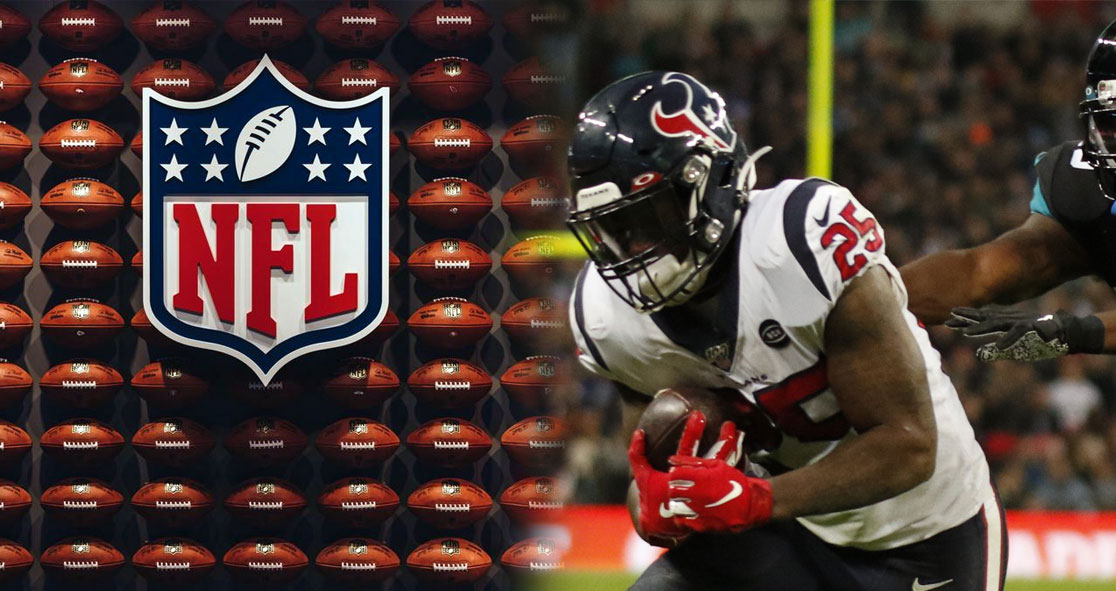The National Football League (NFL) said Wednesday that it will stop assessing players’ brain injuries with a scale that factors in “norms” based on assumed racial differences, according to the Associated Press.
Race-norming is a controversial method that Black athletes have often called biased.
In a statement, the NFL said it will no longer use “race-norming” when assessing a player’s brain injury claims in the $1 billion settlement in the matter, per the news outlet.
The norm, which was established in the 1990s to help treat dementia patients, uses a curve while looking at Black patients’ brain function, assuming a lower level of cognitive function.
Similar types of norms are used with other demographics as well, including age and gender.
The league commissioned a team of neuropsychologists to devise a new testing practice, according to The Hill.
An NFL spokesperson told the news outlet, “Everyone agrees race-based norms should be replaced, but no off-the-shelf alternative exists and that’s why these experts are working to solve this decades-old issue”
“The replacement norms will be applied prospectively and retrospectively for those players who otherwise would have qualified for an award but for the application of race-based norms,” the spokesperson added.
Last year, two Black NFL retirees, Kevin Henry and Najeh Davenport, sued the league for its deliberate use of the “race-norming” scales to make it less likely for Black athletes to receive benefits from concussion settlements.
Christopher Seeger, an attorney who represented former athletes in past concussion settlements, previously said that he had “not seen any evidence of racial bias in the settlement program.”
However, he has now retreated it, according to ABC News. He said, “I now have dug into enough claims to tell you that the norms were applied more than they should have been. And that’s why I’m saying I might have jumped to an early conclusion.”
In an interview with ABC News, Seeger said, “I didn’t sit in this chair and tell you I was perfect. I said I was wrong.”
“Look, I fight hard for these folks and I am not going to be the guy who tries to cover up something,” he added, “but what I can do if a mistake is made, I can come on ABC with you and tell folks what I’m doing. And that’s what I’m trying to do right now.”
“Yes, some people were hurt by this, but I’ll get it fixed,” Seeger continued. “Some people were offended by this, and for that I’m sorry. But take some solace in the fact that we’re gonna make some changes here. Things are changing for the better.” The article was published in various news outlets, including PEOPLE.























